Introduction to Karthik Suresh
In this episode of the Digital Revolution podcast I’m joined by Karthik Suresh, a product and technology leader with an entrepreneurial streak. Karthik is the founder and chief product and technology officer at Ignition, the first AI product success platform. Under Karthik’s leadership Ignition has become the leader in AI and product management and helps businesses refine their strategy and get more market presence. A tech visionary Karthik started on Wall Street and made his way to Silicon Valley, having worked across multiple global markets.
Karthik has worked and lived across multiple continents. He has built products in consumer and enterprise spaces and has worked at startups and big tech like Craft and Facebook. Join us today as he talks about using technology for product success and how AI can make or break the end user experience.
Table of Contents
Download Our Free SEO Guide Here!
Who is Karthik Suresh?
Karthik Suresh has had a varied and impressive career in tech. Born in Bangalore, India he moved to the US for his masters in computer science at Carnegie Mellon University. After that he worked in prop trading firms on Wall Street for about 7 years before entering the tech industry.
Early Career and Transition to Tech
Karthik’s first tech role was as the first employee at Craft, a supply chain management and due diligence company. This was his first taste of building a company and navigating a startup.
Facebook (now Meta)
After Craft, Karthik joined Facebook as a product manager. He worked on the Facebook app and later on Facebook Reality Labs, the devices division. This was his first experience of building products for millions of users and understanding how a tech giant works.
Founding Ignition
While at Facebook, Karthik realized that product launches had a big problem – there was no clear alignment between product teams, marketing teams and sales teams. Launch plans were complicated spreadsheets with many tabs and everyone was confused and inefficient. This was the insight that led Karthik to found Ignition about 2.5 years ago.

Current Projects that Excite Karthik
Ignition: AI-Powered Product Development Platform
Karthik’s current focus is on Ignition, which has evolved into a full-fledged product development platform. The platform allows users to:
- Conduct customer research
- Aggregate customer feedback and reviews
- Extract insights from this data
- Develop product roadmaps
- Launch products with defined messaging, positioning, and channel mix
Ignition aims to take an idea from concept to launch, all powered by AI. This AI integration has been a significant differentiator for the platform.
Solving the Product-Marketing Alignment Problem
One of the key problems Ignition addresses is the misalignment between product and marketing teams. Karthik explains:
“Product and marketing, it’s almost like a collision of two different worlds. Product is a very agile process where you ship every two weeks. You run down some kind of a sprint cycle working with engineers. On the marketing side, it’s more like a waterfall where you have a launch. You need to have a three-month advance, you have a launch date and you’re working towards a specific date versus on the product side.”
This misalignment often results in marketing being unaware of new features, customer success teams not knowing how to explain new features, and overall inefficiency in product launches.
AI-Powered Insights
Ignition leverages AI, specifically large language models like those from OpenAI, Anthropic, and Google, to process vast amounts of unstructured data. For example, it can analyze thousands of customer reviews or conversation transcripts to provide actionable insights:
- Top features users like about the product
- Top issues or dislikes users have with the product
- Key feature requests or gaps in the product
These insights help businesses make data-driven decisions about product development and marketing strategies.
Tactical and Strategic AI Integration Advice from Karthik
Understanding Digital Product Management
Before diving into AI integration, it’s crucial to understand digital product management. Karthik explains that product management evolved from engineering management, with companies like Google being among the first to have dedicated product managers.
Digital product management involves:
- Researching market trends and customer needs
- Developing high-level product strategies
- Creating user stories and initiatives
- Translating strategies into actionable tasks for engineering teams
- Launching products effectively
- Conveying value propositions to end-users
- Positioning products in competitive markets
The Product Management Funnel
Karthik emphasizes the importance of considering the entire product management funnel:
- Acquisition: How to attract users to your product
- Engagement: How to keep users interacting with your product
- Retention: How to ensure users return regularly
- Monetization: How to generate revenue from your product
AI can be applied at each stage of this funnel to optimize processes and outcomes.
Leveraging AI in Product Management
Karthik provides several examples of how AI can be used in product management:
- Scaling Acquisition: AI can help personalize and automate outreach efforts, significantly increasing the number of potential customers you can reach.
- Analyzing User Behavior: AI can process analytics data to identify where users spend the most time, where they’re encountering issues, and where they’re dropping off.
- Improving Retention: AI can help automate and personalize notifications, reminders, and weekly digests to keep users engaged.
- Upselling: AI can assist in identifying opportunities for upselling and creating personalized offers.
AI-Powered Customer Feedback Analysis
One of the most powerful applications of AI in product management is analyzing customer feedback. Karthik explains the process:
- Export all customer reviews or feedback
- Feed this data into an AI system
- Prompt the AI to analyze the data, for example: “Imagine you’re an expert digital marketer. You are given a list of Amazon reviews for the product description. Here’s my product, this is what the product does. Give me the top three things my customers want.”
- The AI can then provide insights on:
- Overall sentiment about the product
- Top strengths and weaknesses
- Most requested features
- Most mentioned keywords
- Top mentioned competitors
This analysis can inform product development, marketing strategies, and sales approaches.
Cautions and Considerations
While enthusiastic about AI’s potential, Karthik also emphasizes the need for caution:
- Data Privacy: Be careful about the data you feed into AI systems, especially when it comes to personal information. Anonymize sensitive data and consider using open-source models that can be run locally for heightened security.
- Hallucinations: AI models can sometimes generate false or nonsensical information. It’s crucial to verify AI-generated content before using it, especially in customer-facing communications.
- Human Oversight: Implement a “human-in-the-loop” approach, where AI does the bulk of the work but a human reviews and approves the output before it’s used.
- Model Parameters: Understand and adjust AI model parameters like “temperature” to control the balance between creativity and accuracy in AI outputs.
Getting Started with AI
For businesses looking to integrate AI, Karthik recommends:
- Start by using ChatGPT and other accessible AI tools
- Learn about prompt engineering – how to effectively instruct AI models
- Experiment with different AI models to find what works best for your needs
- Stay informed about AI developments through online resources and courses
Where Does Karthik See the Future Going in AI?
Karthik is particularly excited about the future of AI in product management and business operations. He highlights several key trends and developments:
Multi-Agent Collaboration
The next frontier in AI, according to Karthik, is multi-agent collaboration. This involves multiple AI agents working together to accomplish complex tasks. For example:
“Imagine you had an agent writing ads and another generating leads. So there’s one agent which is going through the web and saying, ‘Hey, this is a good lead,’ and giving it to a copywriting agent, which is saying, ‘Okay, let me write an email and send it.'”
This level of AI collaboration could dramatically increase efficiency and scale in various business processes.
AI in the Loop vs. Human in the Loop
Karthik describes two emerging paradigms:
- AI in the Loop: This is the current state for many businesses, where humans do most of the work and ask AI for assistance with specific tasks.
- Human in the Loop: In this more advanced paradigm, AI does most of the work, but humans review and approve the output to ensure accuracy and alignment with business goals.
The future, Karthik believes, will be a combination of humans and AI agents working together seamlessly.
Personalization at Scale
AI will enable businesses to provide highly personalized experiences to customers at a scale that was previously impossible. This could revolutionize areas like customer service, marketing, and product development.
Democratization of Advanced Capabilities
Karthik emphasizes that AI will give small businesses the ability to compete with larger corporations:
“If you’re a small business owner, or if you’re thinking about how do I make a big impact on my product with very little resources, AI is going to give you superpowers.”
This leveling of the playing field could lead to more innovation and competition across various industries.
Ethical AI and Responsible Development
As AI becomes more prevalent, Karthik anticipates increased focus on ethical AI development and use. This includes addressing concerns about bias, privacy, and the societal impacts of AI.

How to Get in Contact with Karthik
For those interested in connecting with Karthik or learning more about his work:
- LinkedIn: Karthik Suresh LBS
- Website: HaveIgnition.com
Karthik welcomes connections and discussions about AI, product management, and the future of technology in business.
Advice to His Younger Self
When asked what advice he would give to his younger self, Karthik emphasized the importance of taking risks:
“Life is short. Take risks. I think our minds are programmed to be very risk-averse by default. But growth comes only with risk. Growth comes with change. So don’t be scared of change. Don’t be afraid to take risks. In fact, embrace risk and embrace change.”
This mindset has clearly been a driving force in Karthik’s career, leading him from Wall Street to Silicon Valley and to founding his own AI-powered startup.

Books, Podcasts, and Leaders That Inspire Karthik
Karthik shared some resources that currently inspire him:
- Podcasts: He recommends Lenny’s podcast, which features interviews with product leaders. This is an excellent resource for those interested in product management.
- Books: While he didn’t mention specific titles, Karthik noted that he’s been reading a lot about meditation and personal well-being.
- Personal Development: Karthik emphasizes the importance of holistic personal development, including physical, mental, and spiritual health. He recommends practices like breathing exercises and meditation, which he believes can improve both personal and professional life.
Conclusion
Karthik Suresh’s insights provide a comprehensive look at the current state and future potential of AI in product management and business operations. From solving alignment issues between product and marketing teams to enabling small businesses to compete at a higher level, AI is set to transform how we approach product development and management.
Key takeaways from the conversation include:
- The importance of understanding and leveraging the entire product management funnel
- The power of AI in analyzing customer feedback and generating actionable insights
- The need for caution and human oversight when implementing AI solutions
- The exciting potential of multi-agent AI collaboration
- The democratizing effect of AI on business capabilities
As AI continues to evolve, it’s clear that staying informed and being willing to adapt will be crucial for businesses of all sizes. Karthik’s advice to embrace risk and change seems particularly apt in this rapidly evolving technological landscape.
For product managers, marketers, and business owners looking to stay ahead of the curve, exploring AI integration in their processes could provide a significant competitive advantage. However, as Karthik emphasizes, it’s important to approach AI implementation thoughtfully, always keeping in mind ethical considerations and the need for human oversight.
The future of product management and business operations looks to be an exciting blend of human creativity and AI-powered efficiency. By understanding and embracing these changes, businesses can position themselves to thrive in an increasingly AI-driven world.

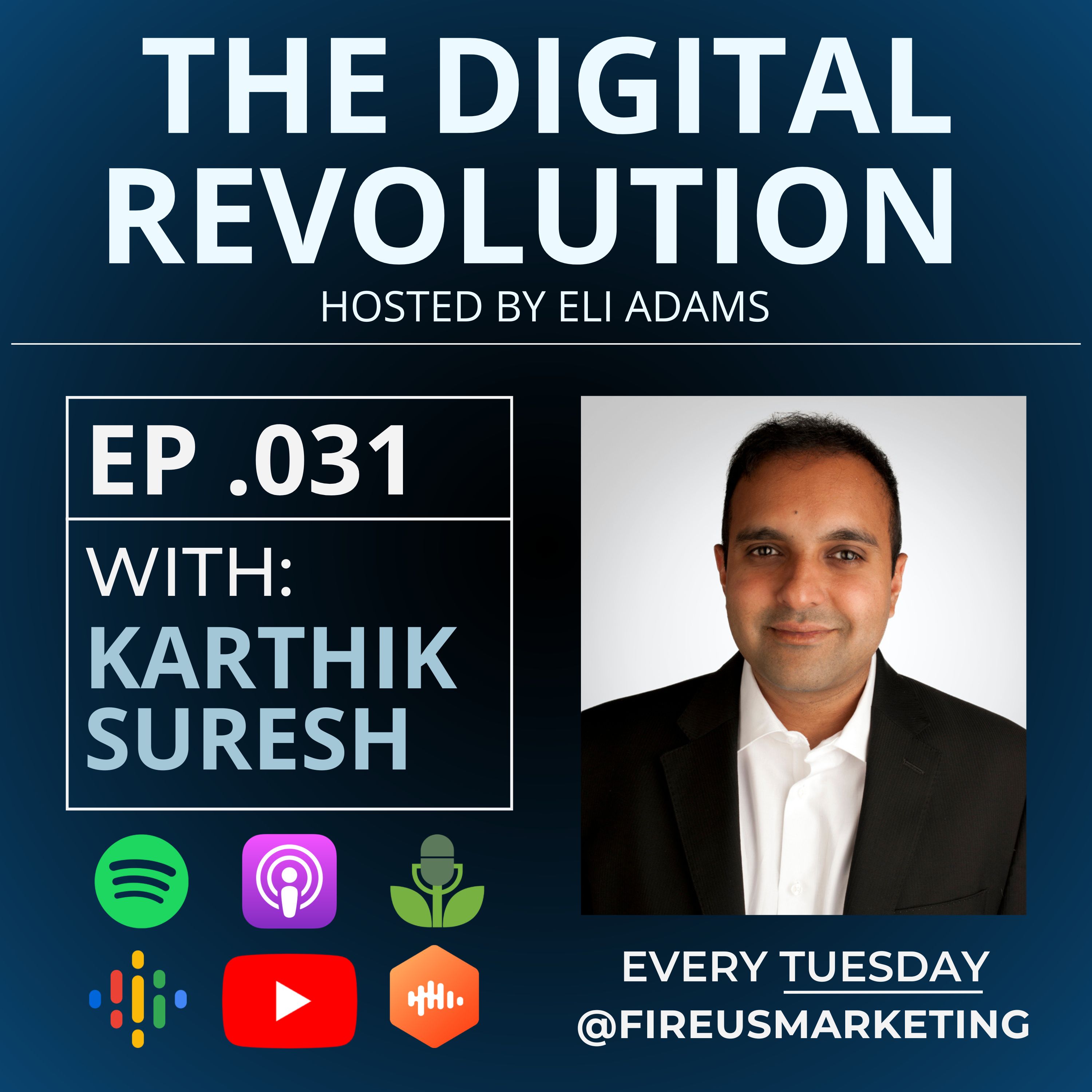


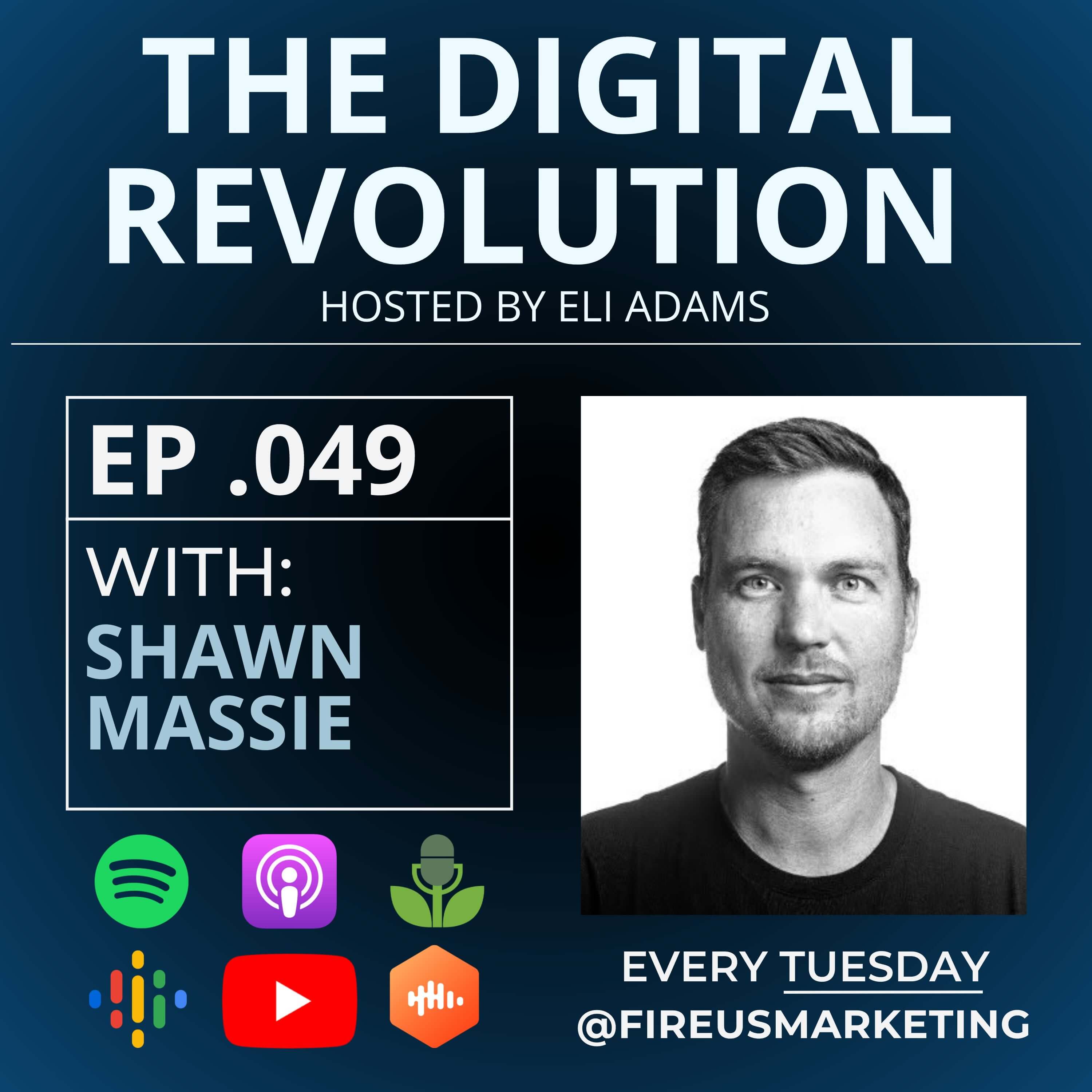

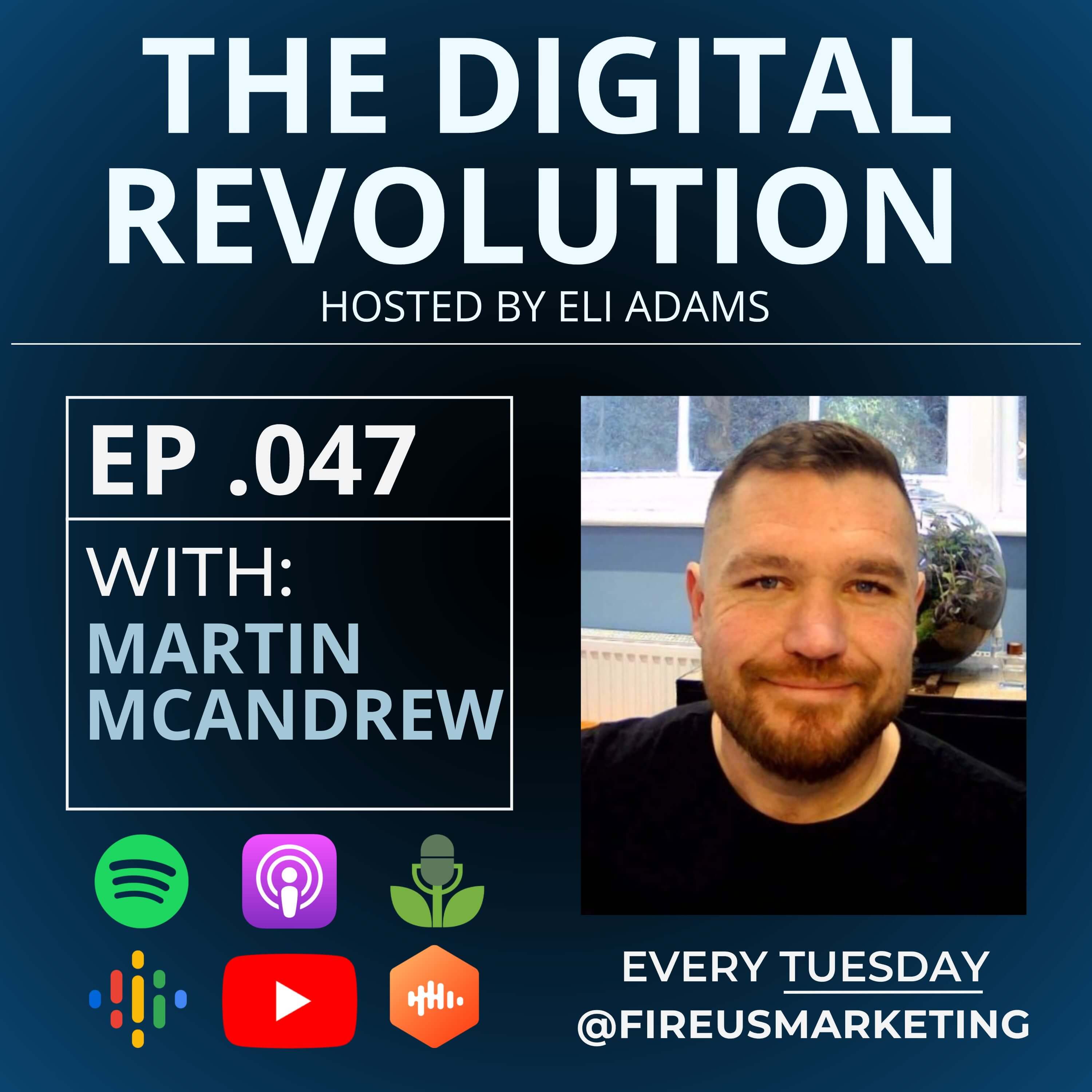
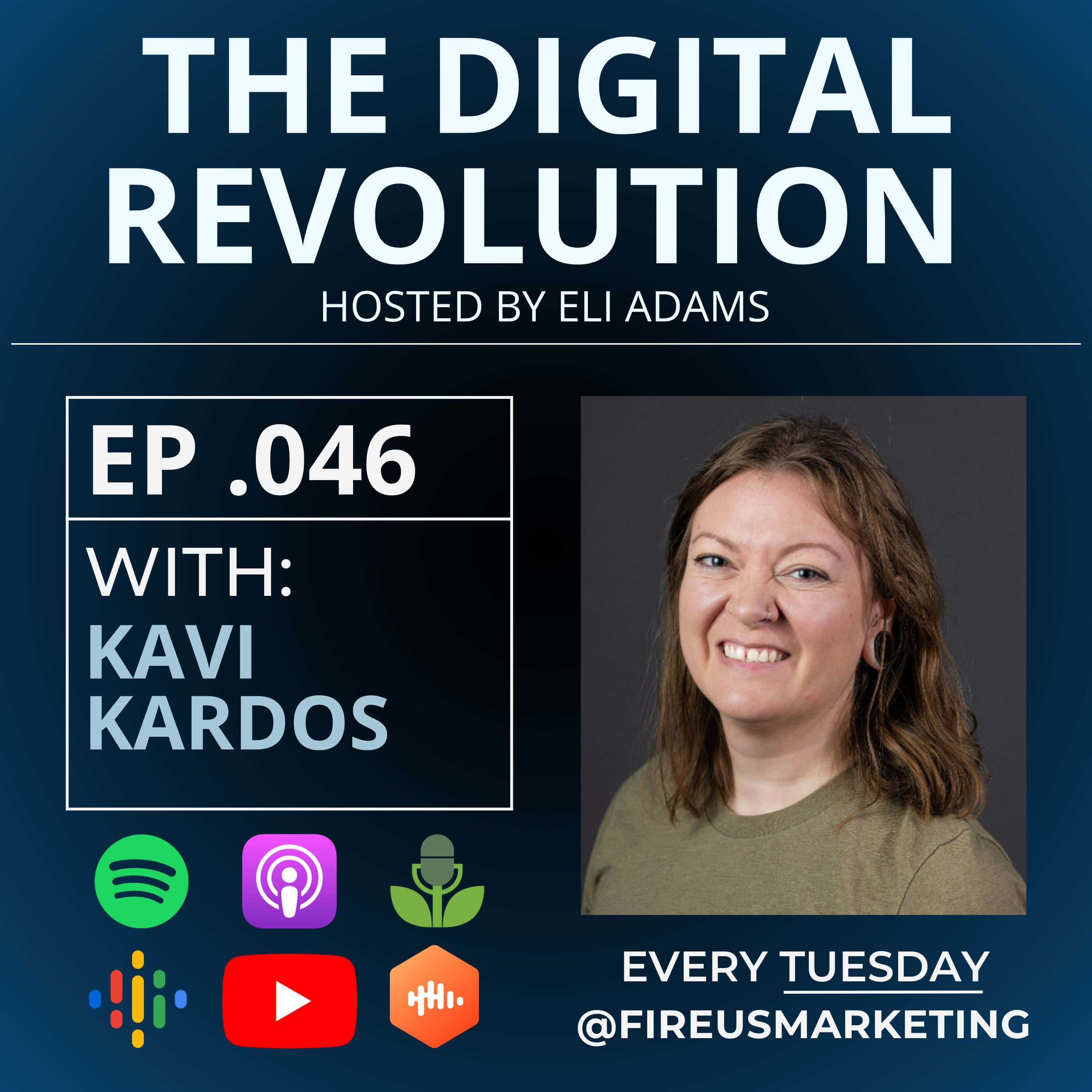
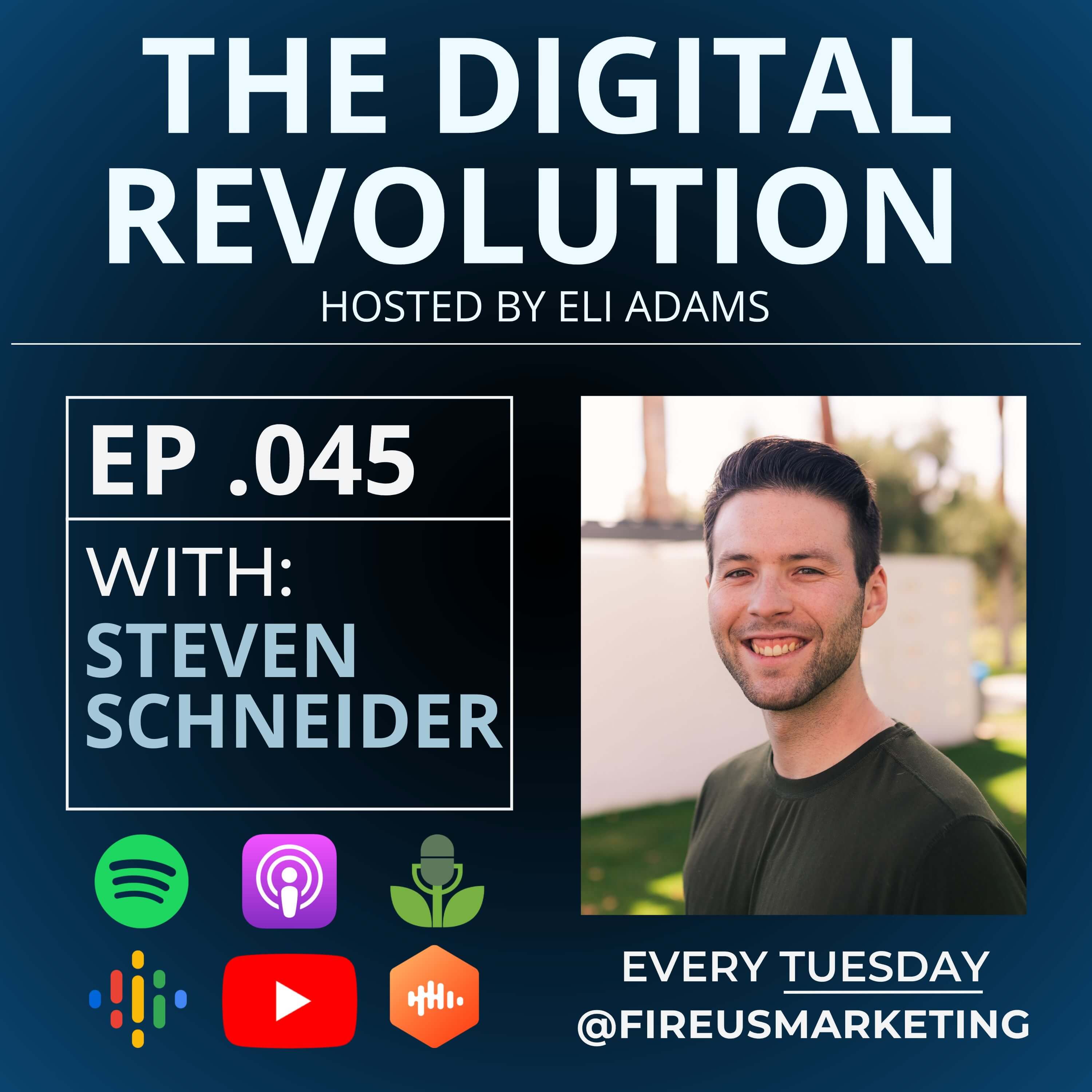


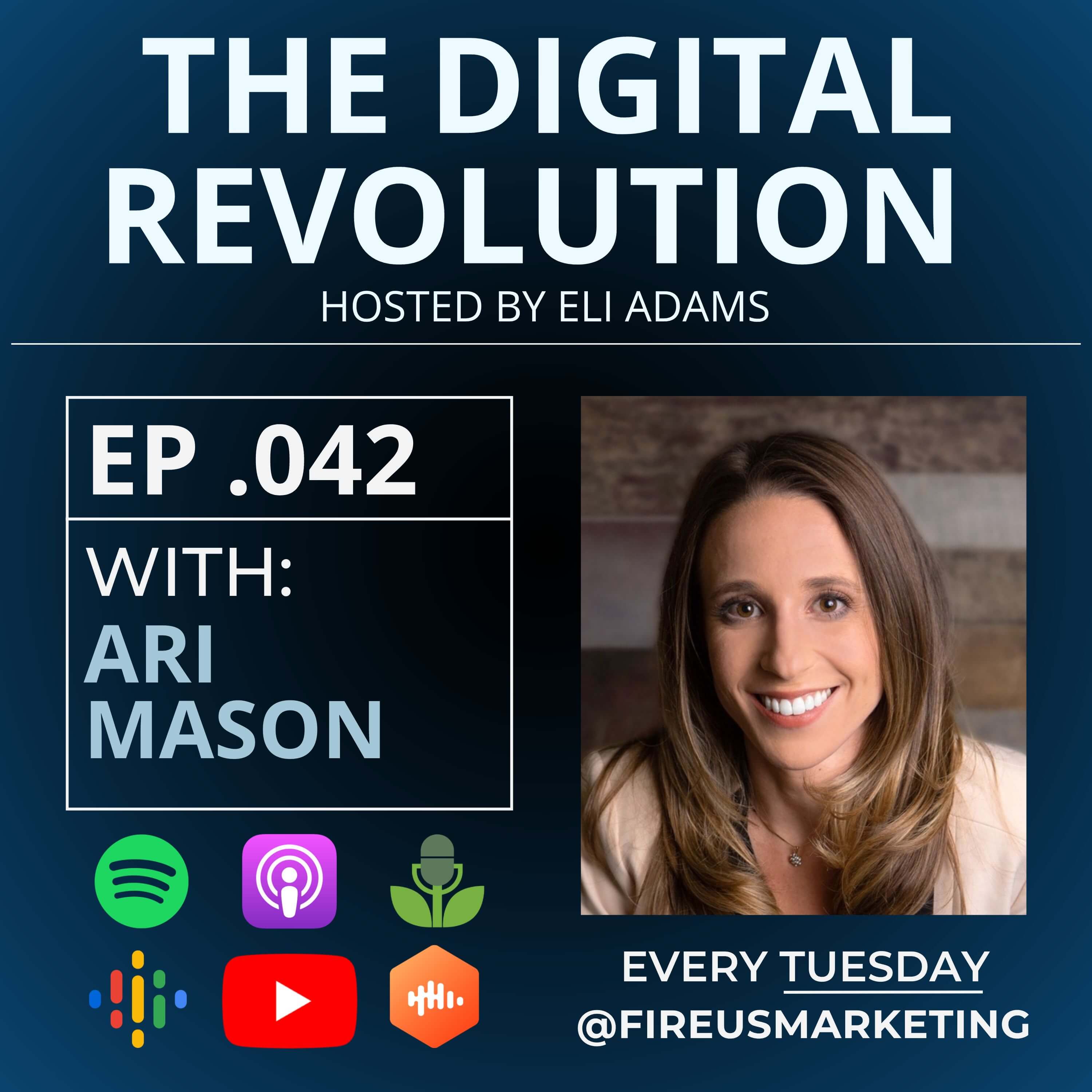

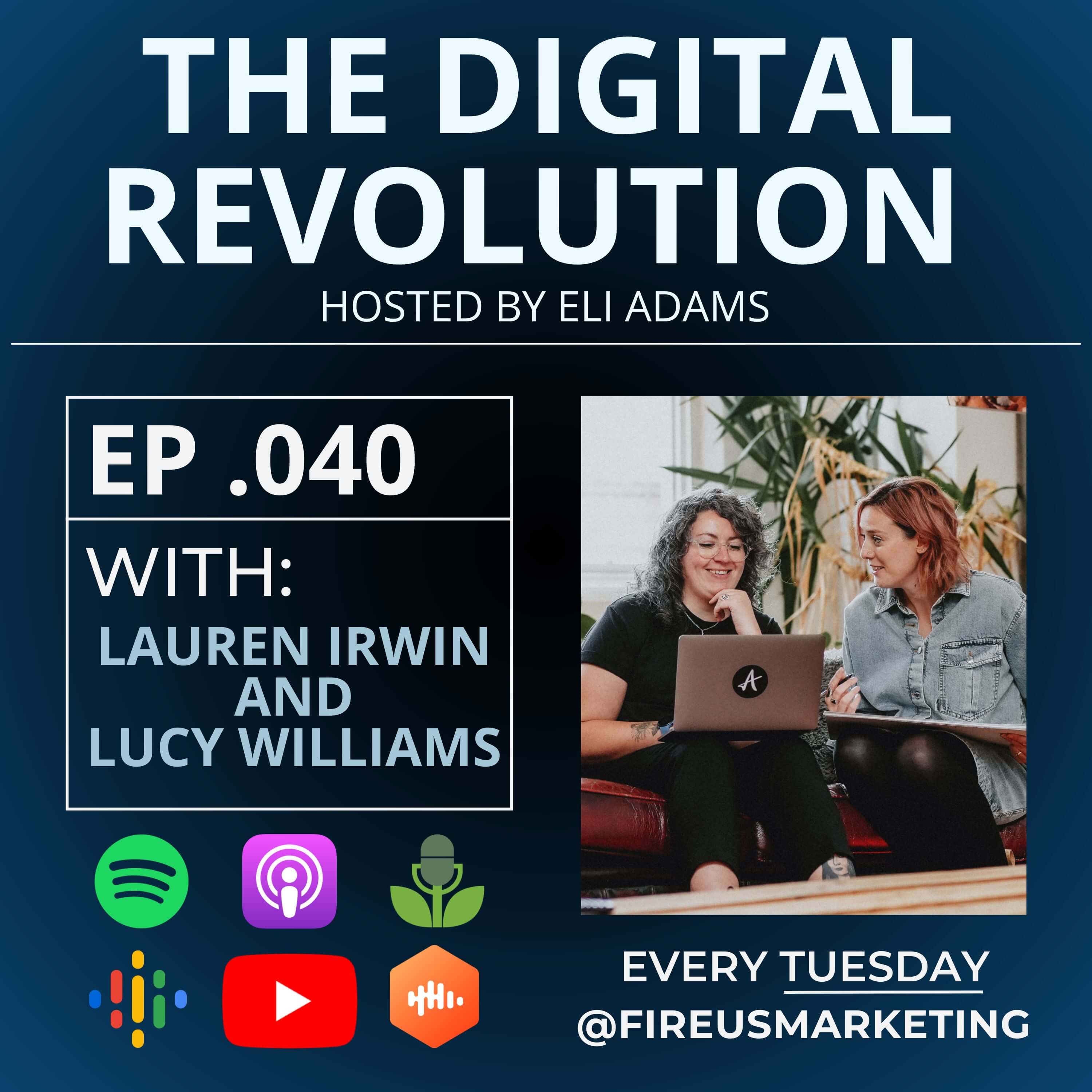



0 Comments